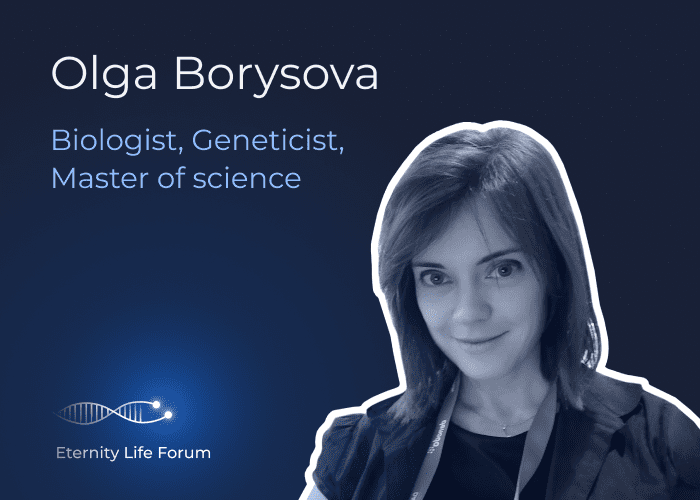
A team of MitoLab biostartap geneticists plans to build a mitochondrial medicine center that will be able to operate as an independent clinic or as a unit integrated into existing medical institutions. MitoLab will be a specialized medical center offering an individual approach to improve functioning of mitochondria and ensure longevity.
Mitochondria role
Human body consists of many cells. Its functioning requires energy. There’re special organelles inside the cells – mitochondria. They’re responsible for production of energy from nutrients. Approximately 1 million billion mitochondria exist in adult human body; it is 10% of the entire organism. Number of mitochondria in a cell isn’t constant. There’re especially plenty of them in cells that have a great necessity for energy. These are the brain, heart, kidneys, and, especially, muscles.
After 35 years, mitochondrial functions noticeably weaken, and less and less energy is produced. As a result, the human body begins to lose muscle mass, and vitality, heart function is disrupted, reproductive function suffers, and brain function worsens.
In addition, a number of health problems are associated with loss of mitochondrial function: it is sharply and massively disrupted in women before menopause, men notice a loss of mitochondrial function to reduce muscle tone and senile flabbiness develops. A number of neurodegenerative diseases can be avoided if you learn to maintain the function of mitochondria. For example, Parkinson’s disease.
“There are many publications in scientific collections of articles indicating successful experiments on mitochondrial transplantation from young donors to aged donors. There are experimental works on the transplantation of autologous mitochondria from stem-cells previously cultured in a nutrient medium. But these methods still need to be improved, for future possibilities of their use against aging. Our MitoSpace team sees great prospects in biotechnological methods of influencing mitochondria, such as individual microbiome correction. These data inspire considerable optimism in the development of mitochondrial therapy for the purpose of human rejuvenation and life extension”, says Olga Borisova, a geneticist and co-author of the book “Open Longevity. How aging works and what to do about it.”
About the founders
Olga Borisova has 10 years of experience in the team of St. Paulus Diagnostic Center. She is also a leading analyst at Longaevus Tech, a British biotech company that researches longevity. Olga is engaged in the assessment of biomarkers of health, the development and implementation of methods for the mitochondrial dysfunction diagnostics, regulatory issues and the preparation of clinical trials.
To study mitochondria, Olga Borisova and her colleague Elena Bakhchevan founded the MitoLab project. Later, Elena Segal joined the startup team and expanded the possibilities of using physiotherapeutic methods of influencing mitochondria. To date, three scientists are engaged in the organization and work on the launch of the MitoLab project. Negotiations are currently underway to open the first such center in Berlin. This work is supervised by Elena Segal.
The MitoLab Mitochondrial Medicine module is part of the MitoSpace project. In parallel with the speedy practical implementation of effective and safe methods of fighting aging, scientists work on organization of research projects aimed at the innovative development of individual means of influence that improve the function of mitochondria.
About the uniqueness of the project
According to Olga Borisova, despite the obvious role of mitochondria in development of ailments, including chronic and age-related, comprehensive examination of mitochondrial functions and mitochondrial-directed therapy isn’t offered as a separate comprehensive medical service today.
“The center will implement laboratory and functional diagnostics, functional therapy and medical support. We have an extensive portfolio of laboratory tests necessary to assess mitochondria functions, and six years of researching experience in this area,” says Elena Bakhchevan, laboratory geneticist and co-founder of MitoSpace.


